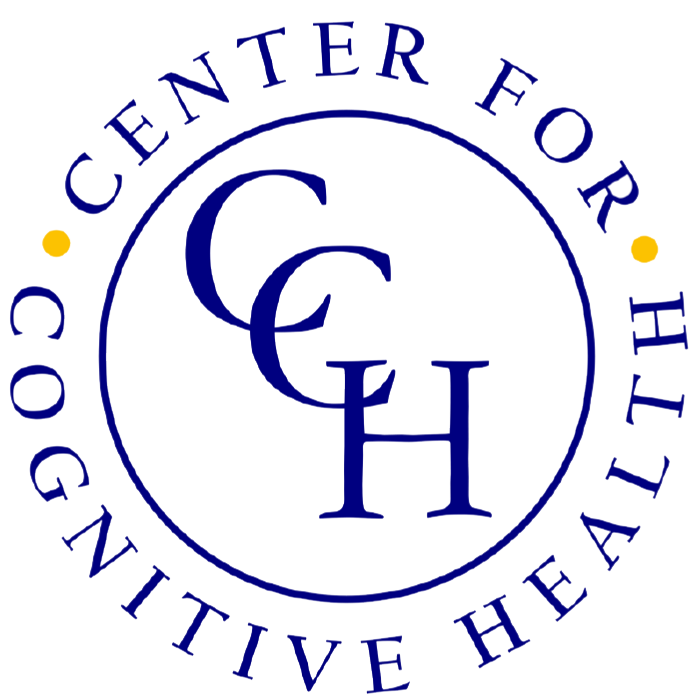Concussions are mild traumatic brain injuries that can result from a blow to the head or a sudden jolt to the body. Proper treatment and management are crucial for a full recovery and minimizing long-term effects. Here is a 300-word summary on concussion treatment for patients.
- Immediate Rest: After sustaining a concussion, it’s essential to rest both physically and mentally. This means avoiding physical activities, sports, and mentally demanding tasks like reading or using screens. Resting allows the brain to heal
- Medical Evaluation: Seek medical attention promptly after a concussion, especially if symptoms are severe or if there is any loss of consciousness. A healthcare professional will assess the extent of the injury and provide guidance on the appropriate treatment plan.
- Cognitive Rest: Cognitive rest involves limiting activities that require intense mental focus, such as studying or working on a computer. This helps reduce cognitive strain and allows the brain to recover.
- Symptom Management: Over-the-counter pain relievers like acetaminophen may be recommended to manage headache and discomfort. However, avoid medications like ibuprofen or aspirin, as they can increase the risk of bleeding.
- Gradual Return to Activity: After the initial rest period, a healthcare provider may recommend a gradual return to physical and mental activities. This step-by-step approach ensures that symptoms do not worsen during the recovery process.
- Physical Therapy: For individuals with persistent symptoms, a physical therapist can help with exercises to improve balance, coordination, and overall physical function. These exercises can aid in the recovery process.
- Vestibular Therapy: If dizziness and balance problems persist, vestibular therapy with a trained therapist can be beneficial. This therapy focuses on addressing issues related to the inner ear and balance.
- Vision Therapy: Vision problems, such as blurred or double vision, can occur after a concussion. Vision therapy can help improve visual symptoms and reduce eye strain.
- Neuropsychological Evaluation: In some cases, a neuropsychologist may conduct an evaluation to assess cognitive function and identify any deficits. This can guide further treatment and rehabilitation.
- Psychological Support: Coping with the physical and emotional effects of a concussion can be challenging. Consider seeking support from a therapist or counselor to address any psychological aspects of recovery.
- Education: Patients should receive education about the importance of concussion management and the potential risks of returning to activities too soon. This knowledge can help prevent re-injury.
- Follow-Up Care: Regular follow-up appointments with a healthcare provider are essential to monitor progress and make adjustments to the treatment plan as needed.
If you’re looking for the best TBI rehabilitation center near you, you’re in the right place. Schedule a consultation today.






